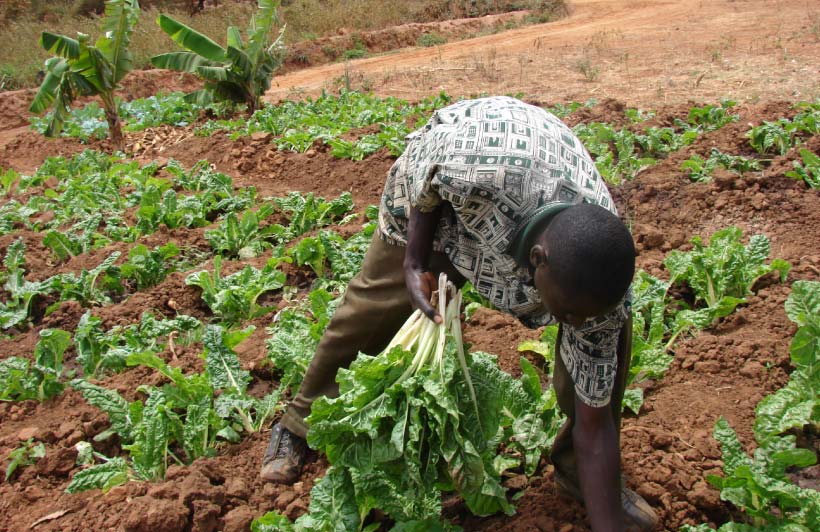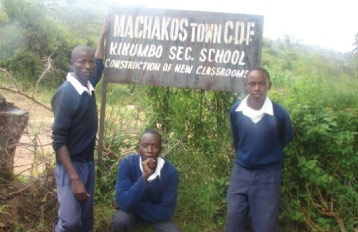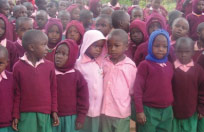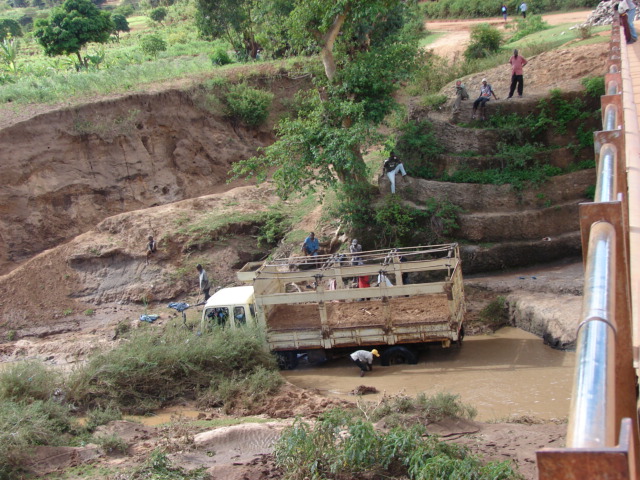Introduction
Kalama Division lies in the Lower Eastern part of Kenya, an area classified as Arid and Semi-Arid (ASAL). Unlike other ASAL areas where livelihood is based on animal rearing, a baseline survey conducted by PEN in Kalama in 2014 found out that agricultural crop production is the main source of livelihood for the Kalama community. The survey also revealed that poor agricultural practices in Kalama led to destructive long term environmental effects and food insecurity. This informed the need for PEN to embark on delivering client–focused sustainable agricultural crop production technologies through establishment of farmer field schools in Kalama Division of Machakos District (currently Machakos County).
Interventional overview
Between 2006 and 2011, PEN, supported by the Australian High Commission and the Embassy of Finland, promoted experimental, participatory and learner-centred agricultural capacity development through six (6) farmers’ field schools with more than 120 participants completing the trainings. The Farmer Field School concept is a group-based learning process where farmers carry out experiential learning activities through simple experiments, regular field observations and group analysis. The knowledge gained from these activities enable participants to make their own locally specific decisions about crop management practices. This approach is preferred as it represents a departure from earlier agricultural extension programmes, in which farmers were expected to adopt generalized recommendations that had been formulated by specialists.
The trainings took the learners through the farming life cycle of crop selection; land preparation; seed selections; planting; crop growth; fertilizing; and, harvesting. This instilled knowledge and skills to the farmers.
Impact results
The FFS proved to be an effective approach to agricultural crop capacity development for farmers in Kalama and Kangundo for the five years. FFS have embraced lasting and continued developmental benefits to farmers for they shifted from traditional farming techniques to modern techniques by embracing new technologies that focus on high yields and commercializing crop farming.
“FFS has transformed women of this area. Before I was using a ‘debe’** of maize as compared to today where I use 2 kg in a terrace of land which led to seed wastage and overcrowding reducing the crop yield”, Mary Musyoka, member of Kikyaka FFS.
** ‘debe’ refers to an 18 kg container
Armed with relevant information from the FFS or from their colleagues in the schools, farmers are able use the recommended practices which have reduced the quantity per acreage of seeds planted thus reducing farming expenditure and increases food production.
The observations in the experimental fields for different crops improved the knowledge in timing of different crops, especially in Kalama, an ASAL area where rains are inadequate for crop maturity. From the experiments, farmers now prepare their farms long before the rains approach and sow the seeds a few weeks before the rains begin. As an innovative method, some members of the FFS have gone to an extent of putting their crops in nurseries and transplanting them soon as the rains come to reduce their span during the rainy season.
“I noticed that members’ crops yield better than neighbours. When I finished planting my farm, two of my neighbours requested me to plant for them, which I accepted and now their farms are equally productive of which they have sworn to adopt the new technology”, Paulina Makau, member of Kikyaka FFS.
During a field visit to one of the farmer’s farms, James Kilungu of Kwamwatu FFS revealed several plots planted using different techniques on which after questioning, he explained to us that he uses the plots to educate other farmers who are non- farmer field school members. This has improved ownership of agricultural technology among farmers rather than agricultural extension officers’ basis which described a sustainable agricultural capacity development especially in Kalama.
Sustainability of the project
The farmers who are members of FFS owned the project and acted as drivers of agricultural technology to other farmers by having demonstration plots in their farms to educate other farmers.
In totality, food security and household income among farmer field school members and other farmers who have accessed information on good farming practices through the schools or its members has improved remarkably.





